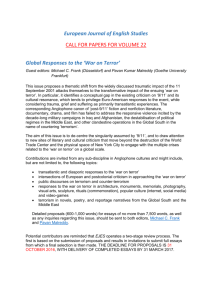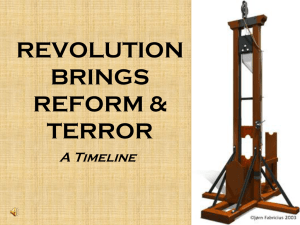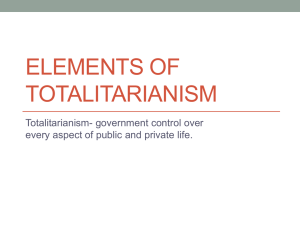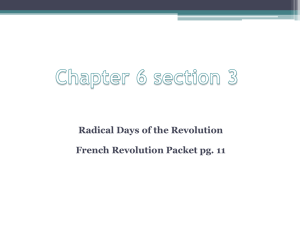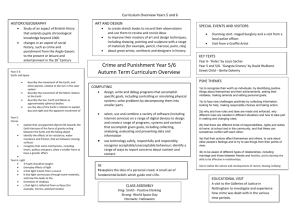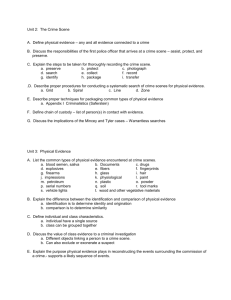Bandits, terrorists, gangsters and the state: an anthropological
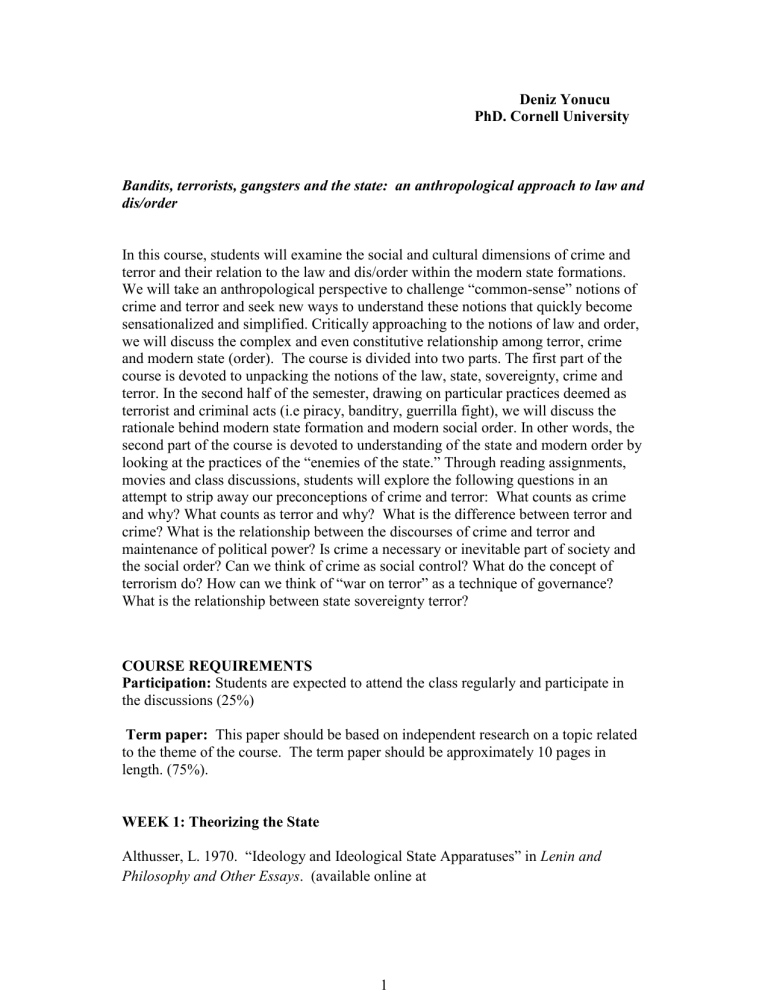
Deniz Yonucu
PhD. Cornell University
Bandits, terrorists, gangsters and the state: an anthropological approach to law and dis/order
In this course, students will examine the social and cultural dimensions of crime and terror and their relation to the law and dis/order within the modern state formations.
We will take an anthropological perspective to challenge “common-sense” notions of crime and terror and seek new ways to understand these notions that quickly become sensationalized and simplified. Critically approaching to the notions of law and order, we will discuss the complex and even constitutive relationship among terror, crime and modern state (order). The course is divided into two parts. The first part of the course is devoted to unpacking the notions of the law, state, sovereignty, crime and terror. In the second half of the semester, drawing on particular practices deemed as terrorist and criminal acts (i.e piracy, banditry, guerrilla fight), we will discuss the rationale behind modern state formation and modern social order. In other words, the second part of the course is devoted to understanding of the state and modern order by looking at the practices of the “enemies of the state.” Through reading assignments, movies and class discussions, students will explore the following questions in an attempt to strip away our preconceptions of crime and terror: What counts as crime and why? What counts as terror and why? What is the difference between terror and crime? What is the relationship between the discourses of crime and terror and maintenance of political power? Is crime a necessary or inevitable part of society and the social order? Can we think of crime as social control? What do the concept of terrorism do? How can we think of “war on terror” as a technique of governance?
What is the relationship between state sovereignty terror?
COURSE REQUIREMENTS
Participation: Students are expected to attend the class regularly and participate in the discussions (25%)
Term paper: This paper should be based on independent research on a topic related to the theme of the course. The term paper should be approximately 10 pages in length. (75%).
WEEK 1: Theorizing the State
Althusser, L. 1970. “Ideology and Ideological State Apparatuses” in
Lenin and
Philosophy and Other Essays . (available online at
1
http://www.marxists.org/reference/archive/althusser/1970/ideology.htm
)
Abrams, P. 1988. “Notes on the difficulty of studying the state.” J. Hist. Sociol. 1:58–
89
Weber, Max, Charles Wright Mills, and Hans Heinrich Gerth. 1965. Politics as a
Vocation . Fortress Press.
Tilly, Charles, Peter B. Evans, Dietrich Rueschemeyer, and Theda Skocpol. 1985. War
Making and State Making as Organized Crime . Cambridge University Press.
WEEK 2: Sovereignty, Terror and the State
Benjamin, Walter. 1978. Critique of Violence . Vol. 281. New York: Harcourt Brace
Jovanovich.
Agamben, G. 1998. Homo Sacer: Sovereign Power and Bare Life. Stanford, CA:
Stanford Univ.Press , Part 1&2. pp. 1-67.
Newman, S. 2004. “Terror, Sovereignty and Law” German Law Journal.
Vol5. No.5.
Badiou, A. 2002. “Philosophical Considerations of Some Recent Facts.”
Theory &
Event 6 (2). http://muse.jhu.edu/journals/theory_and_event/v006/6.2badiou.html
Elden, Stuart. "Terror and territory." Antipode 39.5 (2007): 821-845.
WEEK 3: Crime As Social Control
Parenti, C. 2000. “Crime as Social Control.”
Social Justice 27(3 (81):43–49.
Bourgois, P. 2002. “Understanding Inner City Poverty: Resistance and Self-
Destruction under US Apartheid.”
Exotic No More: Anthropology on the Front Lines .
Ed. Jeremy MacClancy. Chicago: U. Chicago Press. pp. 15-32.
Silverstein, P. A. and Tetrault, C. 2005 “Urban Violence in France”, available at: http://www.merip.org/mero/interventions/silverstein_tetreault_interv.htm
Movie: La Haine
WEEK 4: Bandits, Territorial Control and the State
2
Üngör, Ugur Ümit. 2012. “Rethinking the Violence of Pacification: State Formation and Bandits in Turkey, 1914–1937.” Comparative Studies in Society and History.
54
(04): 746–769.
Vandergeest, Peter, and Nancy Lee Peluso. 1995. “Territorialization and State Power in Thailand.”
Theory And Society 24(3):385–426.
Allen, Lori. 2012. “The Scales of occupation:‘Operation Cast Lead’and the Targeting of the Gaza Strip.” Critique of Anthropology 32 (3): 261–284.
WEEK 5: Terrorists and terrorism
Wikan, U. (2002), "'My Son -- A Terrorist?' (He was such a gentle boy)."
Anthropological Quarterly 75(1):117-128. (CP)
Asad, Talal. "Thinking about terrorism and just war." Cambridge Review of
International Affairs 23.1 (2010): 3-24.
Mamdani, Mahmood. "Good Muslim, Bad Muslim: A Political Perspective on Culture and Terrorism” American Anthropologist.
(2002).
Movie: The Battle of Algiers.
WEEK 6 : Robin Hood and Pirates as the rival of the state
Kooistra, P. 1989. Criminals as Heroes.
Bowling Green: The Popular
Press. (Selections).
Sidel, James. 1999. "The Usual Suspects: Nardong Putik, Don Pepe Oyson, and Robin
Hood." In Figures of Criminality in Indonesia, the Philippines and Colonial Vietnam . pp. 70-94.
Rediker,M. 2004. Villains of All Nations: Atlantic Pirates in the Golden Age.
(Selections)
WEEK 7: Gangster and guerrillas
Sluka, Jeffrey A. "Reflections on managing danger in fieldwork: Dangerous anthropology in Belfast." Ethnographic Fieldwork: An Anthropological Reader (2012):
283.
Aretxaga, B. (2003). “Maddening States”,
Annual Review of Anthropology. pp.393-
410 .
3
Magee, Patrick, and Danny Morrison. Gangsters or Guerrillas?: Representations of
Irish Republicans in'Troubles Fiction' . Belfast: Beyond the Pale, 2001.
Zilberg, E. 2007. “Gangster in Guerilla Face A Transnational Mirror of Production
Between the USA and El Salvador.” Anthropological Theory 7(1):37–57.
4

